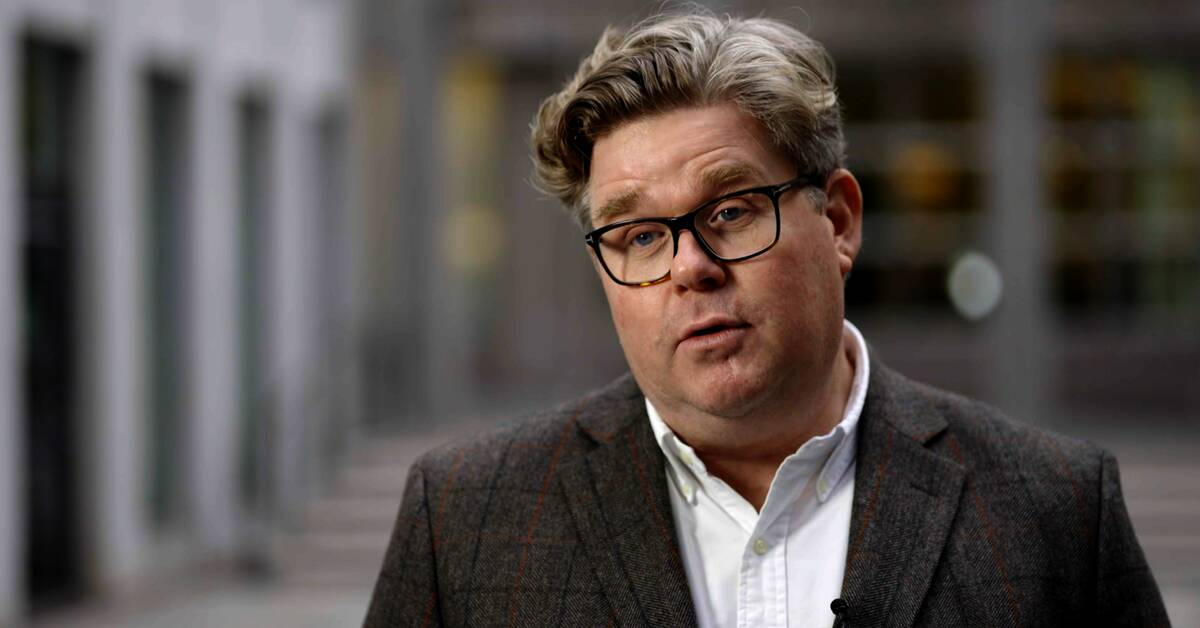In the past week, the bill has received criticism from all sides, including representatives from the media industry and press freedom expert Nils Funcke, who believes that the law restricts freedom of expression and will limit journalistic reviews.
However, Minister of Justice Gunnar Strömmer (M) believes that the law is necessary for the security of the kingdom and will "close gaps" in existing legislation on espionage.
At the same time, he does not think there is any justification for the fear expressed.
- The aim is to get the same protection as other Nordic countries, but it is clear that anyone who engages in journalistic scrutiny or whistle-blowing will not be hit by the law, he tells Kulturnyheterna.
He is positive that the bill is being debated, but believes that the "valve", which was introduced to protect certain publications that are considered "justifiable", is enough to protect journalistic activity.
However, criticism has been leveled against the fact that the "valve" is vaguely worded and that it will be up to the courts to decide what is "justifiable".
V: "You go too far"
Riksdag member Jessica Wetterling (V), however, does not share Strömmer's view on the matter and believes that the bill goes too far without proper reasons.
She believes that it is telling enough that several publicists show concern.
But if investigative journalism is against Sweden's security, don't you have to make a choice then?
-
Yes, you have to.
There we have landed in that celebrating independent journalism is the important thing, we do not make the assessment that it will be at the expense of the security of the kingdom.
KU: Not aimed at journalistic activity
During Thursday, the Constitution Committee supported the proposal, but then L had swung and voted in favor while V and MP reserved themselves.
Ida Karkiainen (S), president of KU, defends the decision to stand behind the bill.
- That is what the government tried to come up with when it comes to the justifiable intent.
To really be clear that journalistic and investigative activities must be possible and must be allowed to exist and have protection, she told TT.
The Riksdag is to take a position on the change in the law on 16 November. See Strömmer (V) and Wetterling (V) in the clip above.
In the fact box below, you can read more about what the bill includes.

